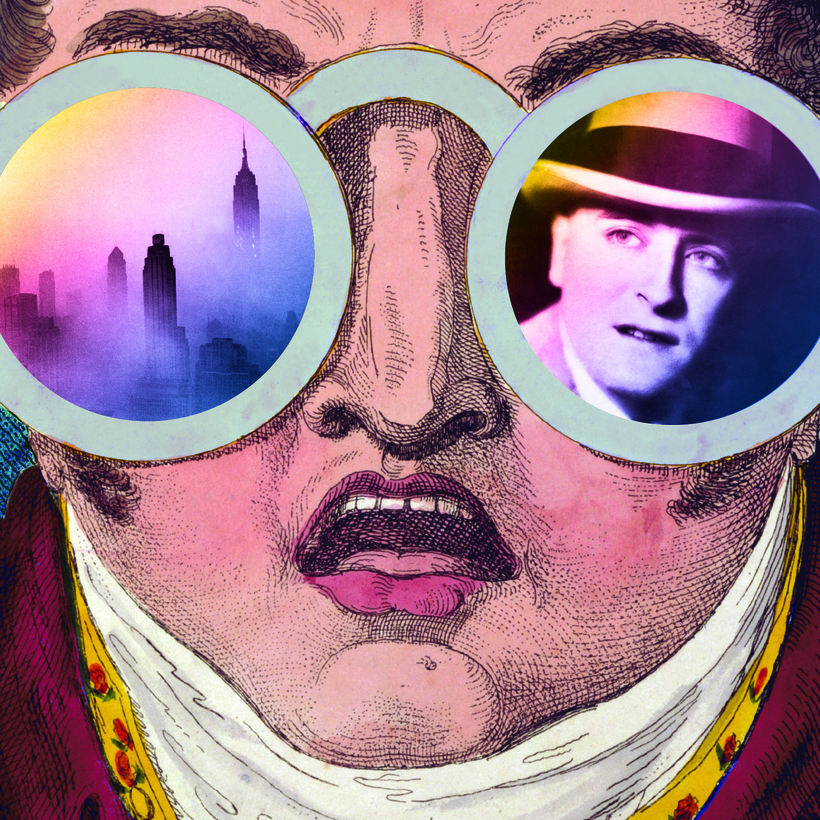In 1919—with the twin horrors of the Spanish flu and World War I in America’s rearview mirror—F. Scott Fitzgerald wrote of his new home city, “New York had all the iridescence of the beginning of the world.… There was gala in the air.” As I biked uptown last Sunday, the great glass-and-stone cereal box that is the U.N. building looming vacant over First Avenue, I couldn’t help but think of that Fitzgerald line. It comes from a collection of essays I’ve never actually read but have always admired for its title: My Lost City. Yes, in the wind-tossed mists of First Avenue, the city seemed to be as lost as I felt.
Loneliness is endemic to New York City, the way that sunny days are to Los Angeles. If you think you’ve lived here and escaped the feeling, think again: dollars to doughnuts, you were actually in New Jersey. It’s not worth talking about why New York is lonely, because the theme has been so thoroughly explored in writing and film. Suffice it to say, if you live here now or ever have—or perhaps even been an aware visitor—you already know what I’m talking about. If you haven’t, you’re welcome.


